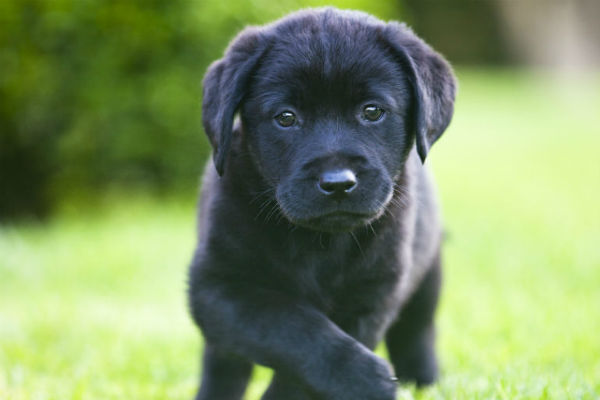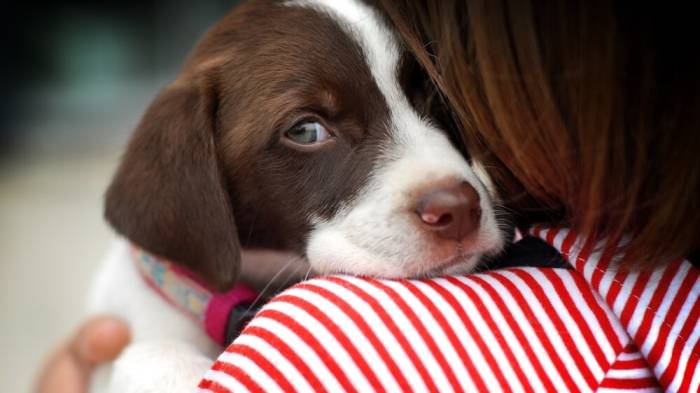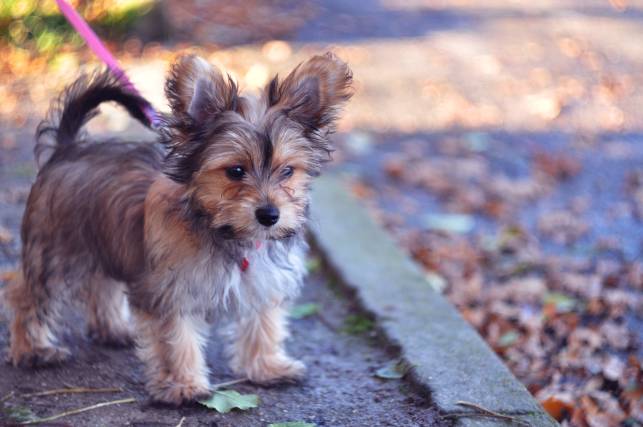Connect with a verified veterinarian in minutes. Licensed vets are available 24/7 to answer your questions. No need to worry about your furry family member.
As a pet parent, one of our responsibilities is to monitor our dog’s bodily functions. For instance, paying attention to our dog’s poop can help spot health issues early, before they become a more serious problem.
Paying attention to our fur baby’s poop is gross; we understand! However, it is essential as a means to protect your dog’s health. Often times when a medical condition is first noticed, early treatment can mean a shorter term for the problem. It’s also usually easier to cure a medical condition at the beginning rather than letting it linger.
Have you recently noticed that your dog’s poop has some jelly mucus in it? If so, then you’ve come to the right place. We know it can be scary to see something like that in your dog’s poo!
In this article, we’ll go over different medical conditions that can cause jelly mucus in your dog’s poop and more. Let’s get started!
When Should You Be Concerned About Mucus in a Dog’s Poop?
If you notice any of the following, it’s time to call the vet:
- When there’s a lot of mucus
- If there’s blood in the mucus
- If your dog has other symptoms such as vomiting, diarrhea, lethargy, and loss of appetite
These are all indications your dog may have a medical problem that’s causing the jelly mucus in his poop. Normally, a dog may have clear, jelly-like mucus in his poop. This is usually nothing to be concerned about.
Other times, the mucus may be included as a type of casing. The poop may look like a sausage wrapped in an outer covering. In addition, mucus can even look white in the poop.
Each of these is normal; however, if you notice any of the symptoms listed above, then it’s time to check with the vet.
What Causes Jelly Mucus in Your Dog’s Poop?
Jelly mucus in your dog’s poop can be caused by a number of factors, including:
Bloody mucus: can be an indication of a change in your dog’s diet, food intolerance/allergies, stress, or that he may have eaten something he shouldn’t. However, bloody mucus may also indicate:
- Parvovirus
- Hemorrhagic gastroenteritis
- Intestinal parasites
- And more
If the blood is fresh and bright red, this may mean it has come from the colon or rectum. If the stool looks tarry, then the cause of the bleeding is probably in the upper small intestine.
No matter what the blood looks like, this is an indication that it’s time to call the vet. Don’t let this symptom go unchecked.
Stress: when a dog is stressed, he may produce more jelly mucus in his poop. You may also notice that he has to go potty more often.
Dietary indiscretion: your dog may also have jelly mucus in his poop after eating something he shouldn’t have. For instance, if your dog got into the kitchen wastebasket for some yummy scraps, it could lead to an upset stomach, diarrhea, and vomiting. And your dog could have mucus in his poop.
Food intolerance/allergies: food intolerance or allergies can also cause a dog to have jelly mucus in his poop. You may notice that your dog has a lot of gas, vomiting, and diarrhea that may be caused by food intolerance or allergy. The most common foods that can cause jelly mucus in the poop include dairy, eggs, raw meat, bones, fried/greasy foods.
Diet changes: if your dog has experienced a recent change to his diet, this can also cause jelly mucus in his poop. Switching the brand or type of food can cause this unpleasant reaction. The mucus comes out because your dog’s digestive system is trying to protect itself as it adjusts to the new diet.
Crohn’s disease: this is a condition that can affect dogs and humans. It’s a chronic form of irritable bowel syndrome (IBS). You may notice your dog has loose stools accompanied by jelly mucus. He may also have to poop more often than normal. What’s more, the jelly mucus may be bloody. As the condition progressions, it’s possible the dog will become pickier about what he eats. He may also lose weight, as well as his appetite.
Colitis: diarrhea that comes from the large intestine is often due to colitis. Your dog may strain when he tries to poop and may have bloody mucus. Stress can cause colitis, but it can also be due to parasites or an infection.
Fungal infection: histoplasmosis is another condition that can cause jelly mucus in a dog’s poop. The dog may catch this fungal infection by inhaling bird droppings or contaminated dirt.
Small intestinal bacterial overgrowth (SIBO): is a condition that may develop because a dog’s body may be unable to absorb raw food. In that case, the bacteria that normally live in the dog’s intestines begin to eat this undigested food. The bacteria then grow and overpopulate. SIBO is most often seen in dogs that have exocrine pancreatic insufficiency (EPI). You may notice yellow mucus, soft stools, a mucus coating on the stool, chronic diarrhea, and more with this condition. ‘
Clostridial enterotoxicosis: this is another condition that’s caused by an overgrowth of bacteria in the digestive tract. A dog may develop the condition after eating raw meat, vegetables, or decaying foods. Yuck! Dogs with this condition may have diarrhea that has a shiny, jelly mucus covering, as well as water stools, stomach problems, and more.
Ingestion of foreign objects: this is a common problem in dogs that eat non-food items. This problem is often caused by pica, which is a behavioral issue that causes dogs (and humans) to eat non-food items. Pica can be caused by malnutrition and other conditions.
As you can see, jelly mucus in a dog’s poop can be caused by a wide range of health issues. That’s why it’s essential that you take your dog to the vet if you notice jelly mucus in his stools. The sooner the cause of the jelly mucus is found and treated, the sooner your dog will feel better!
Connect with a verified veterinarian in minutes. Licensed vets are available 24/7 to answer your questions. No need to worry about your furry family member.

Kyoko
Kyoko is from a family of 3 and moved to New York with her parents and siblings when she was 13. Kyoko is fond of spending a great amount of time with pets, specifically her beagle Luna and cat Missy. Her boyfriend often complains that she spends too much time giving attention to their animals. Kyoko has written dozens of articles concerning pets and is aiming at owning a pet shop one day!
Review symptoms, medications & behavior to keep your pets healthy with a Vet Online in just minutes.
Ask a Vet Live Now




